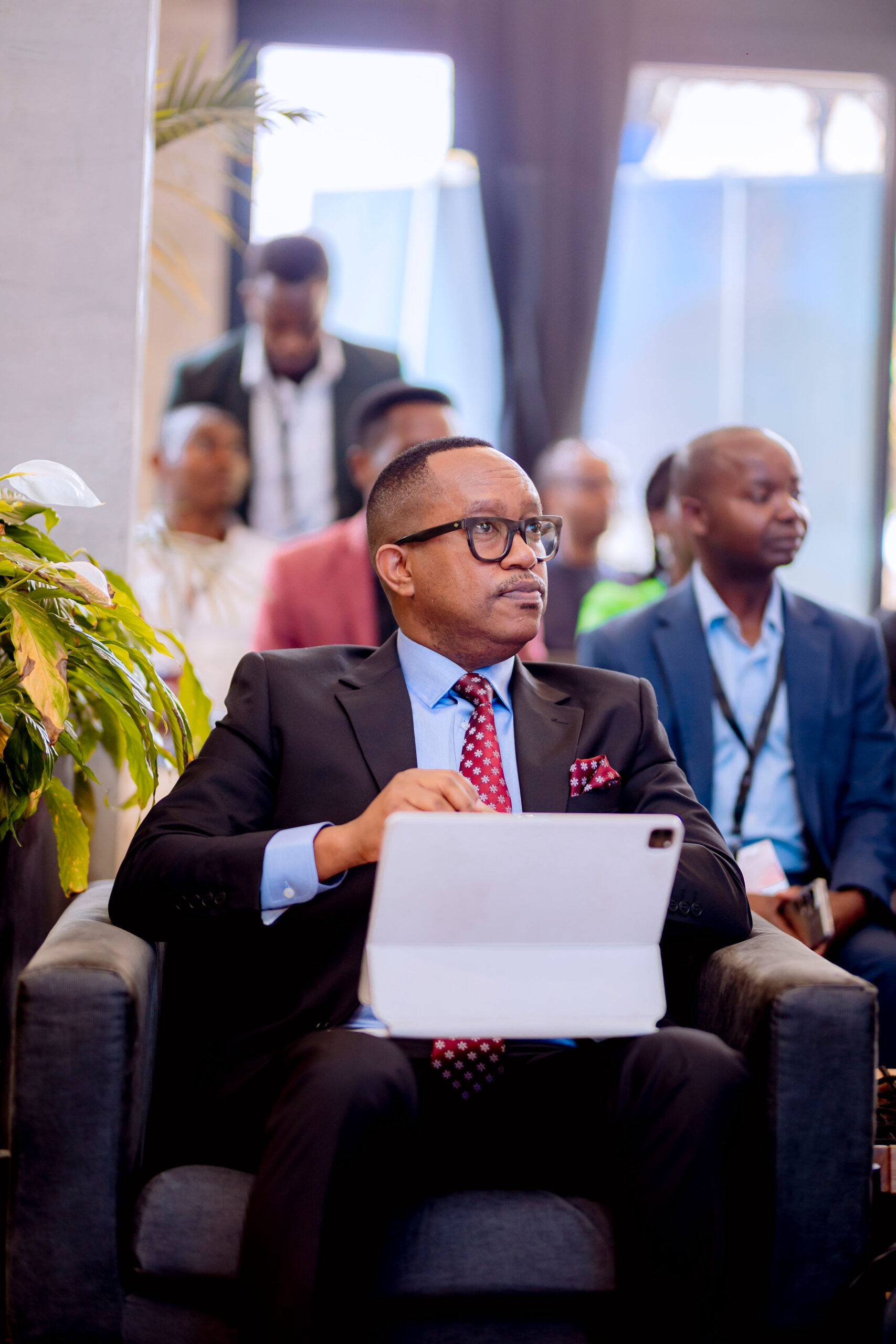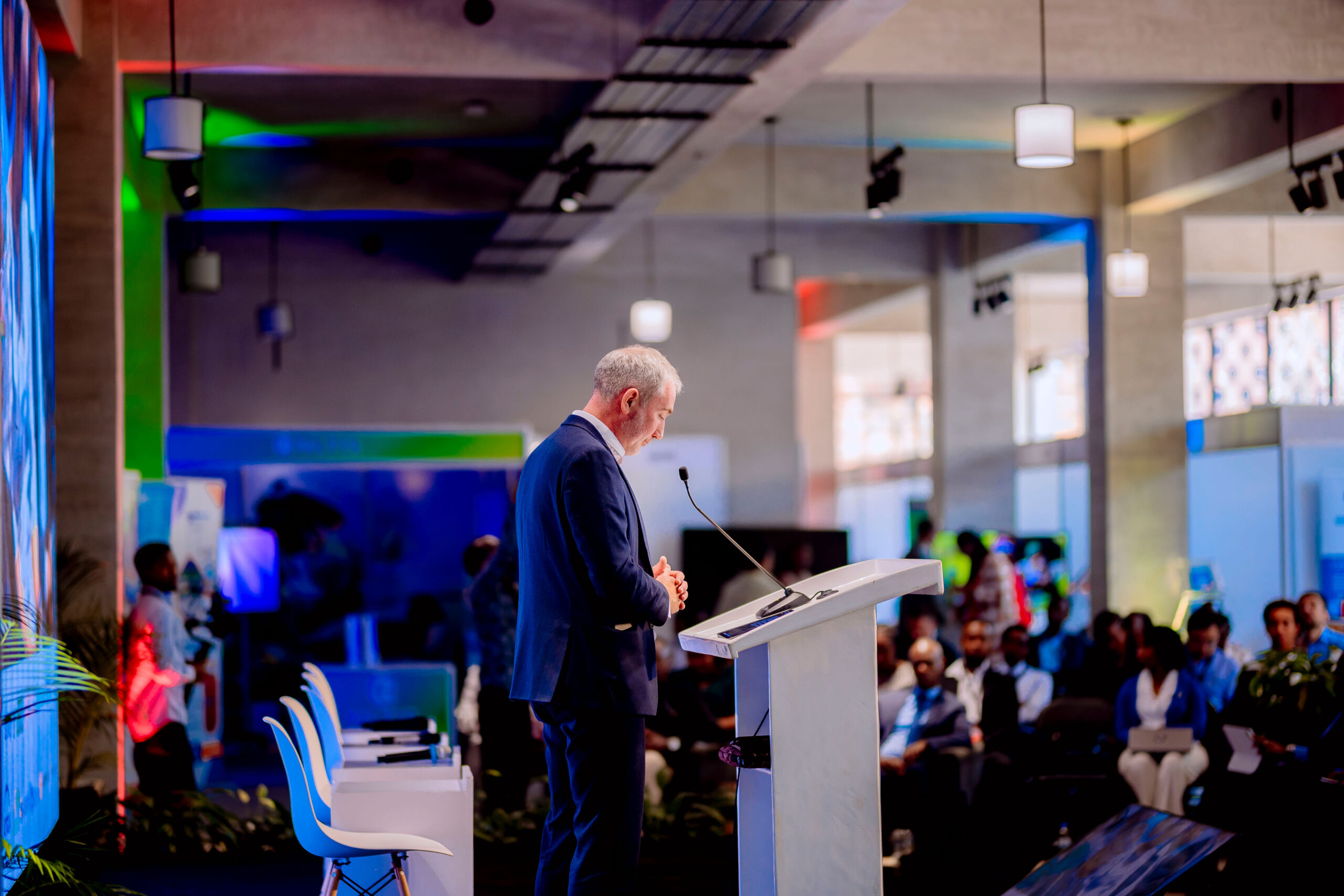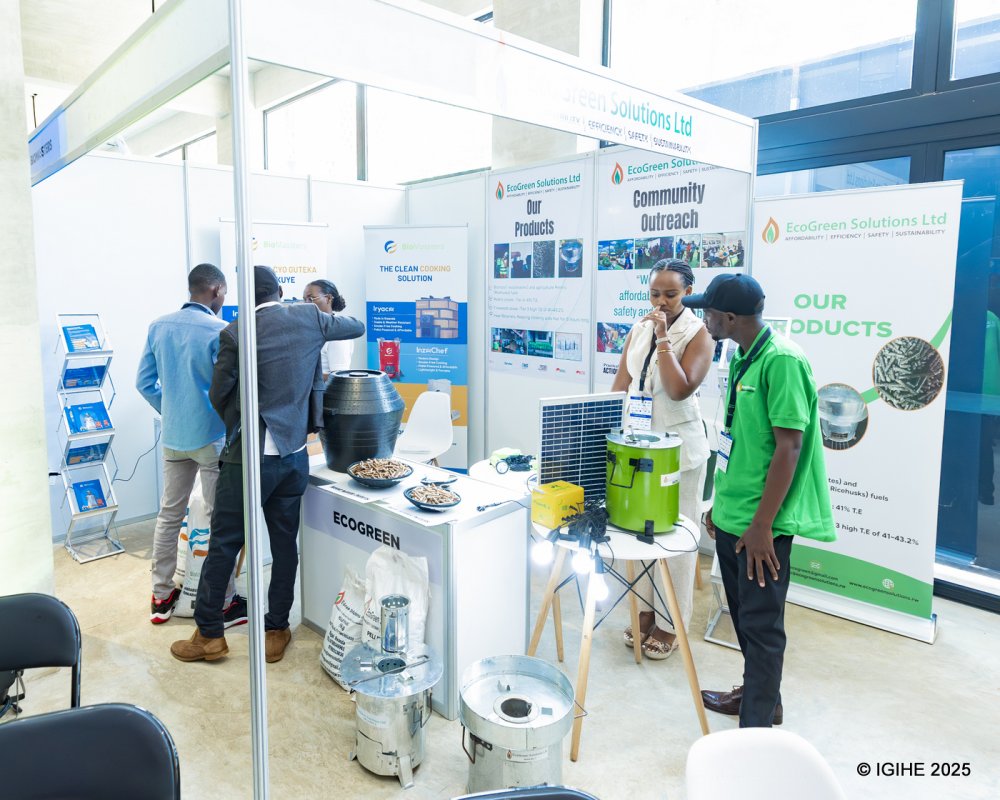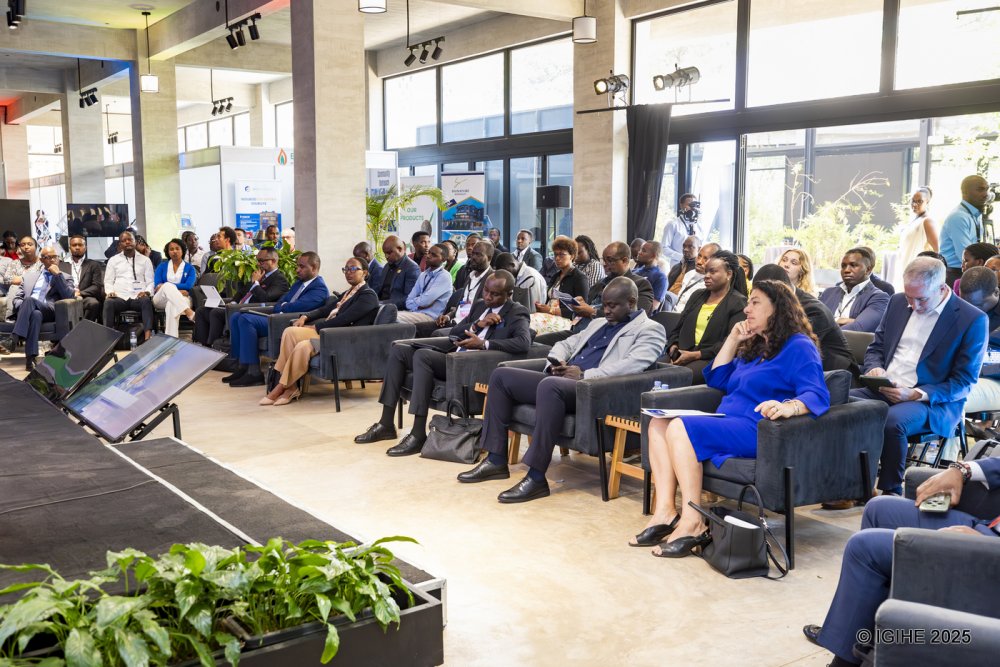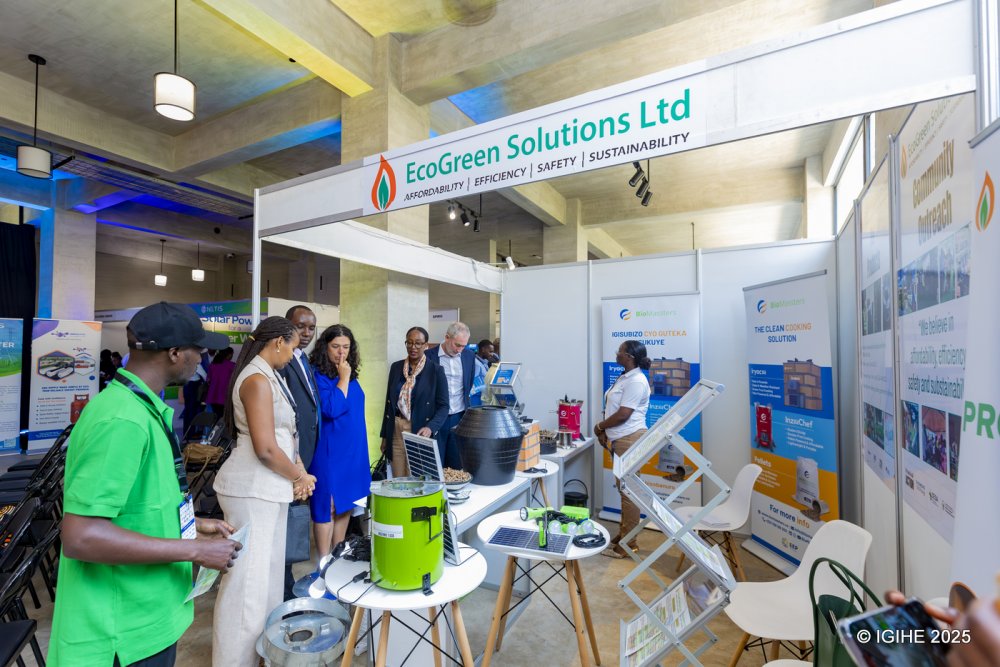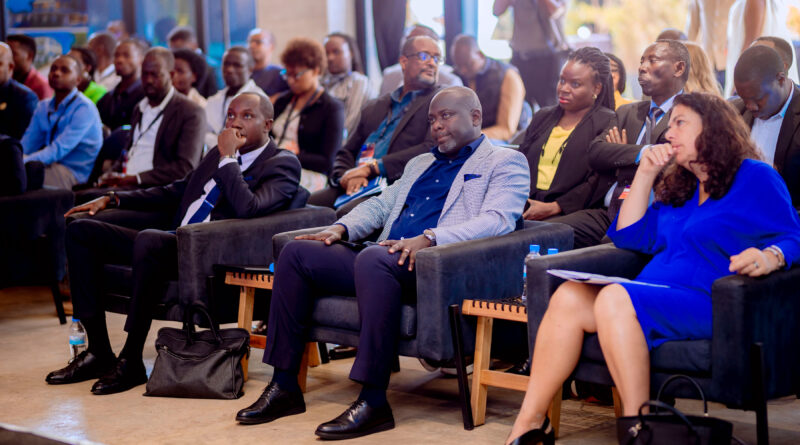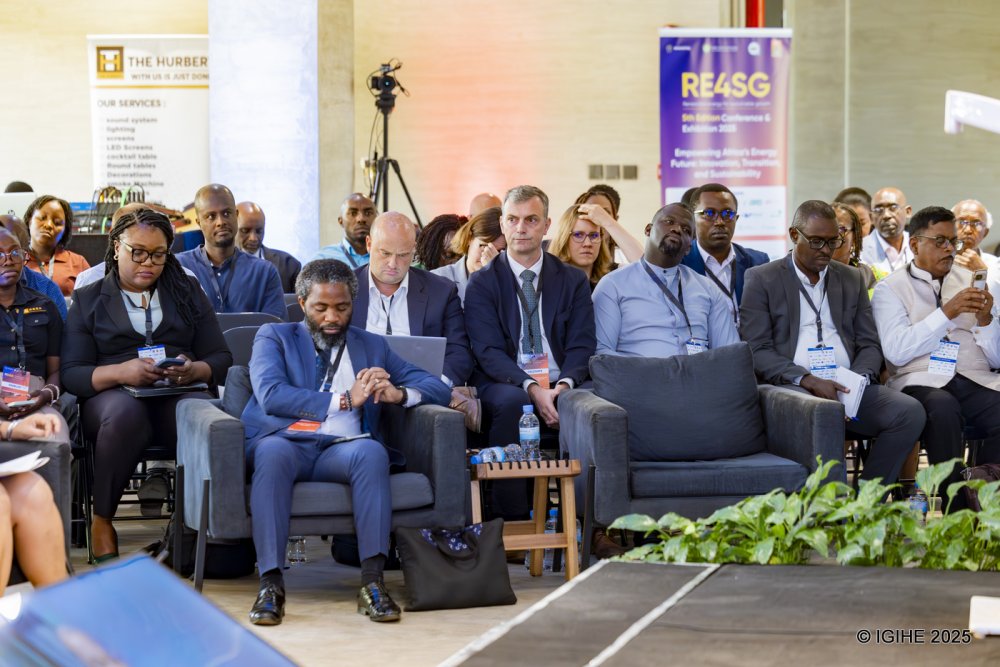Energy Week: Rwanda sets ambitious targets on Renewable Energy and Universal Electricity access
By 2050, Rwanda has set an ambitious target to generate more than 50% of its total energy from renewable sources. At the same time, the country aims to achieve 100% electricity access for all citizens.
By 2050, Rwanda will also have reduced reliance on biomass fuels such as firewood and charcoal to 42%, down from the current 79%, while maintaining its universal electricity access goal.
These commitments were highlighted during the 5th Annual Renewable Energy Conference organized by the Energy Private Developers (EPD), which brought together energy investors and stakeholders from across the globe in Kigali on September 9, 2025.
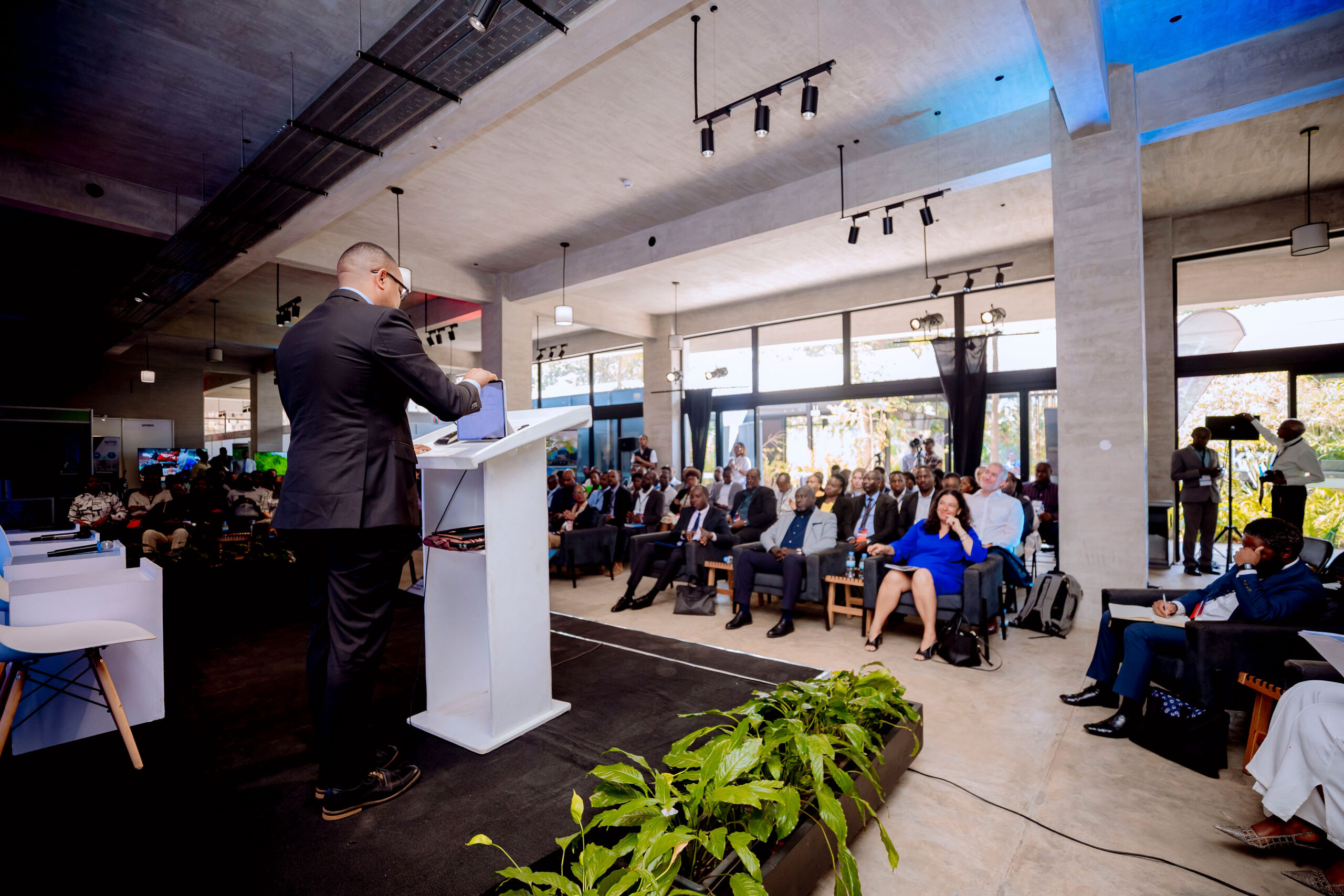
The conference focused on strategies to scale up renewable energy use and tackle the challenges of climate change.
In his official opening remarks, the Minister of State in the Ministry of Infrastructure (MININFRA), Amb. Jean de Dieu Uwihanganye, said the government’s plan to expand solar rooftop installations will help lower electricity costs and address power shortages. He emphasized that solar technology is becoming increasingly affordable compared to previous years.
He stated: “The cost of solar panels is consistently dropping thanks to technological progress. One of our goals is to encourage households to use their rooftops as sources of power, which will cut costs and prevent electricity shortages.”
Amb. Uwihanganye added that such conferences are vital because they provide a platform for project developers to connect, exchange new ideas, and expand knowledge that can help the country achieve its targets.
Meanwhile, Celestin Vuningoma, Coordinator of the Rwanda Climate Change and Development Network (RCCDA), reminded participants that renewable energy is environmentally friendly and plays a crucial role in reducing greenhouse gas emissions.
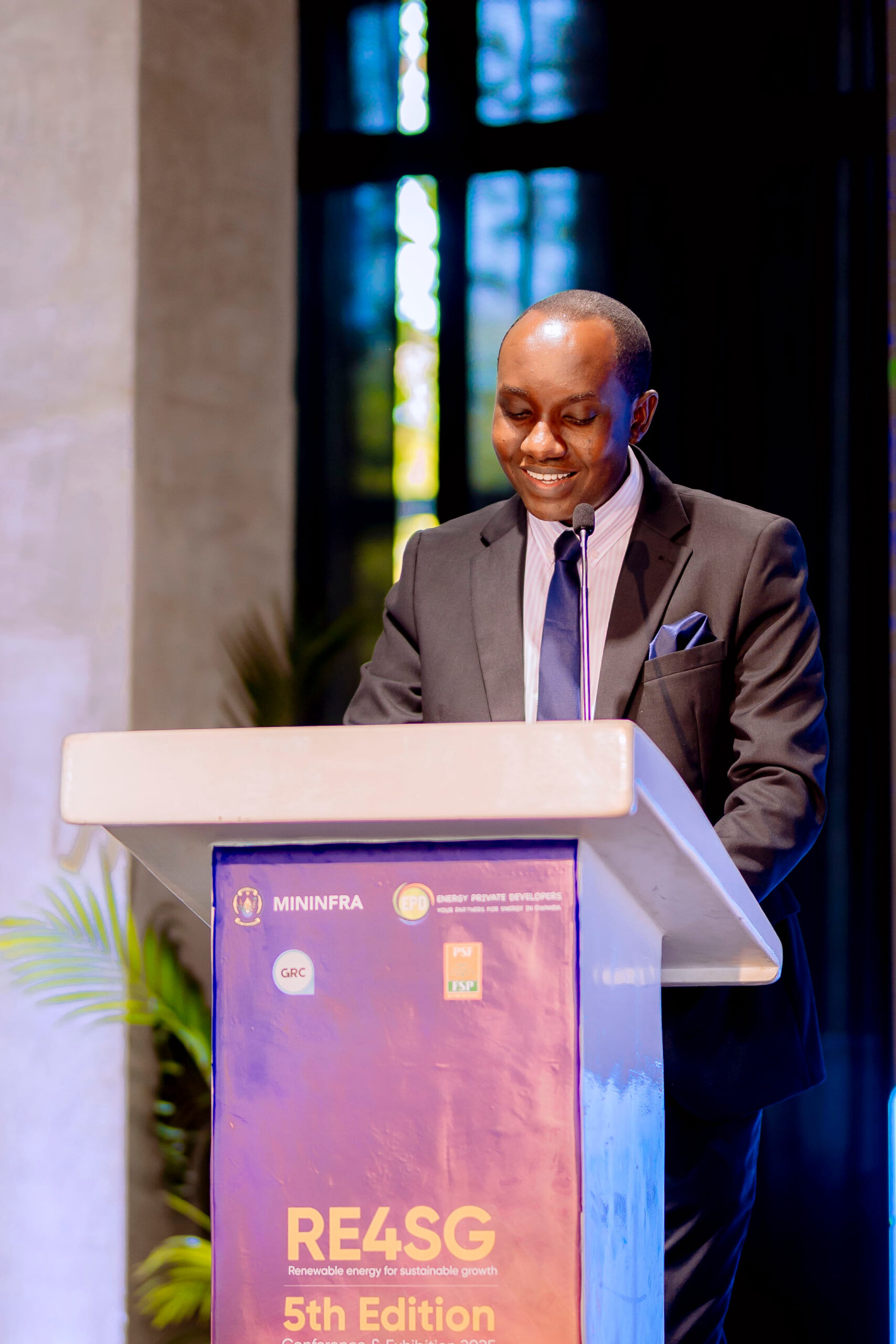
He noted: “Renewables must be prioritized because they don’t pose the same risks as biomass fuels like firewood or petroleum. Rwanda should become a model in Africa by adopting renewable energy solutions in industries and everyday life.”
Dr. Ivan stressed that the conference stood out because it builds on Rwanda’s experience in renewable energy, which will also benefit other African nations and the world at large.
He explained: “Renewables are the foundation of technological advancement without electricity, there would be no robots, computers, mobile phones, or drones. That’s why we must invest in them to make them more central to daily life.”
The conference will conclude on September 12, 2025, with expectations of new strategies to expand renewable energy, eradicate power shortages, and reduce dependence on firewood and petroleum, which contribute to environmental degradation.
